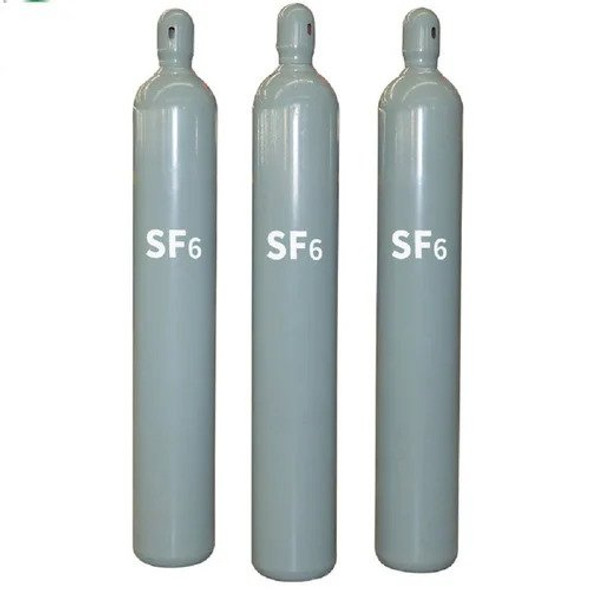
Hellog Sf6 Gas, 50kg Cylinder

Orientflex Rubber LPG / Propan / GAS Hose 300 PSI

Heating torch for propane and LPG

Helium gas 40 Liters cylinders (Returnable empty cylinder)

Propane, the most common liquefied petroleum gas (LP-gas), is one of the nation's most versatile sources of energy and supplies about 4 percent of our total energy needs. Propane exists as a liquid and a gas. At atmospheric pressure and temperatures above –44 F, it is a non-toxic, colorless and odorless gas. Just as with natural gas, an identifying odor is added so it can be readily detected. When contained in an approved cylinder or tank, propane exists as a liquid and vapor.
The vapor is released from the container as a clean-burning fuel gas. Propane is 270 times more compact as a liquid than as a gas, making it economical to store and transport as a liquid.Approximately equal amounts of propane come from the refining of crude oil and from natural gas processing. Thus, propane is a readily available, secure energy source whose environmental benefits are widely recognized.
Consumers use propane for heating and cooling homes, heating water, cooking, refrigeration, drying clothes, barbecuing, lighting.
Because propane is portable and clean-burning, it is used by lots of recreational event centre owners and camping enthusiasts.i.e. Gas grills, outdoor gas lights, and greenhouse heaters can all be fueled by propane.
Also, for drop drying—corn, soybeans, grains, tobacco, apples, peanuts, onions, fruit ripening. and other crops.
Space heating—for barns, pig farrowing houses, chicken houses, stock tanks, nurseries, greenhouses, orchards, and incubators
Commercial establishments, such as hotels, restaurants and laundromats use propane in the same way a homeowner does: for heating and cooling air, heating water, cooking, refrigeration, drying clothes, barbecuing, and lighting. Moreso, lots of industrial sites rely on it for space heating, brazing, soldering, cutting, heat treating, annealing, vulcanizing, and many other uses.
Uses of our propane /LPG gas
LPG has hundreds, if not thousands, of uses.
The uses most people can name are LPG around the home, in their cars or LPG for business.
It is used in leisure time activities including caravans, boats, recreational vehicles, hot air balloons and camping.
Business and industry use LPG for a multitude of processes including steam boilers, kilns, ovens and LPG forklifts.
Crop and produce drying, heating greenhouses, hot water for dairies, irrigation pumps and heating animal enclosures are just some of the agricultural applications for LPG.
There are also many, many more LPG applications, including autogas, power generation and the hospitality industry.
Propane gas is safe when used properly. It is non-toxic and does not contaminate groundwater or soil. However, propane gas is flammable and can be dangerous if not handled properly. Propane leaks can be detected by a strong, unpleasant odor, similar to rotten eggs or a skunk's spray. If you smell propane gas, evacuate the area immediately and call your propane supplier.
Propane tanks should be stored in a well-ventilated area away from heat sources and ignition sources. Tanks should be upright and secured to prevent tipping. Never store propane tanks in a building or enclosed space.
When using propane gas appliances, be sure to follow the manufacturer's instructions carefully. Never use propane appliances indoors or in enclosed spaces. Keep appliances away from heat sources and ignition sources. Turn off propane appliances when not in use.
Propane gas and its industrial uses
Contact us of your require further details